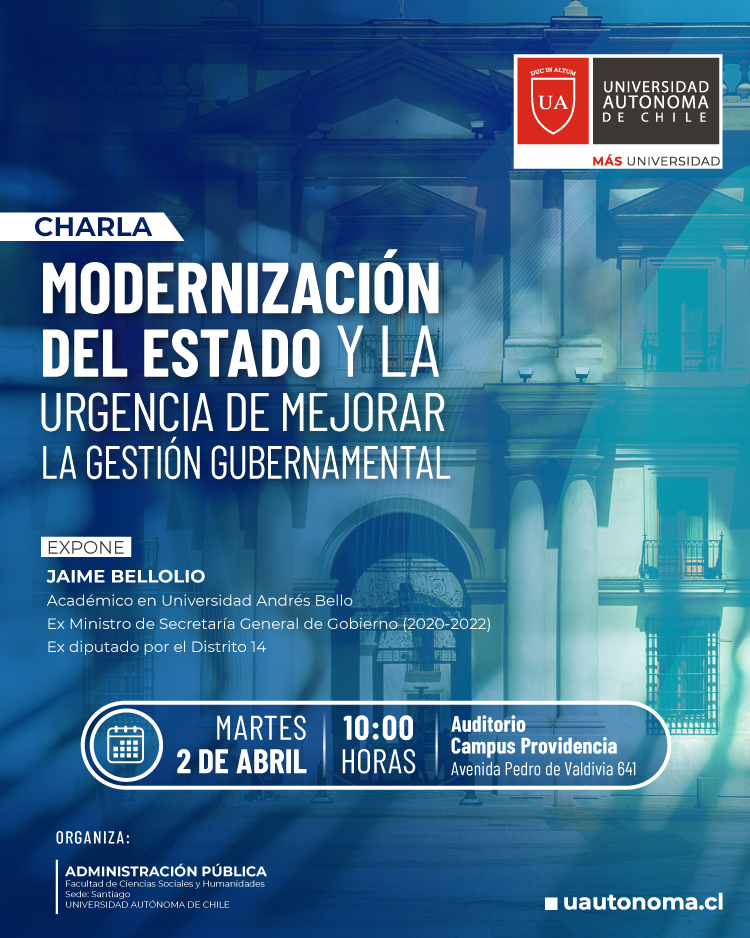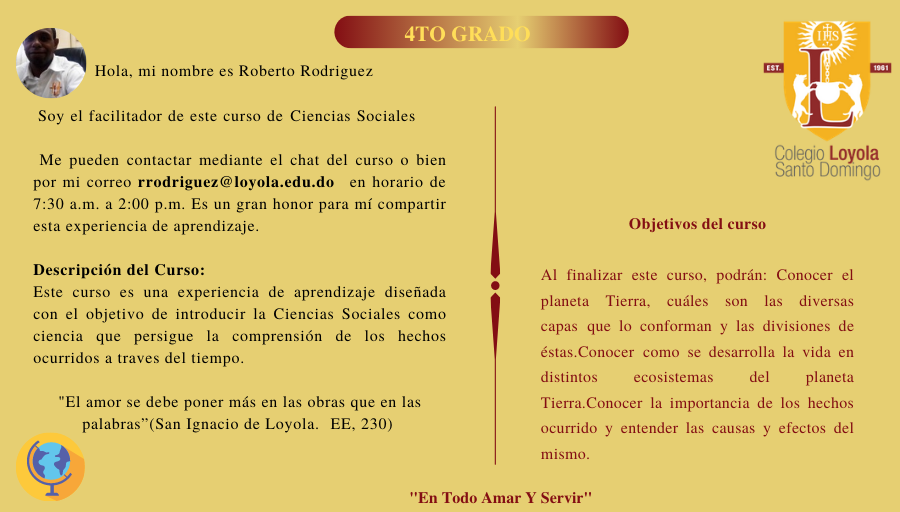Have you ever stopped to think about the quiet power held within simple phrases, like "de mi tia"? It's a phrase that, for many, brings a rush of warm feelings and vivid memories. This isn't just about an aunt; it's about the very essence of connection, of things that come from a special place, and the lasting mark people leave on our lives. For instance, that old recipe, the piece of advice, or a treasured item, too it's almost always carries a story, a sense of origin, a piece of someone dear.
This phrase, "de mi tia," really points to something deeper than just ownership. It speaks to a legacy, a shared history, and the way family members, especially aunts, often become keepers of traditions and wisdom. It's a way of saying, "This comes from a source of love and care." And, you know, these connections are what truly enrich our daily existence.
Understanding "de mi tia" means looking at both the word "de" and the special role of a "tia." We will explore how this little phrase holds so much meaning, shaping our understanding of family ties and the things we hold dear. It's a journey into the heart of what makes us feel connected, in a way.
Table of Contents
- What "De" Really Means: More Than Just "Of"
- The Aunt Figure: A Special Place in the Family
- Stories and Wisdom from "De Mi Tia"
- The Emotional Weight of "De Mi Tia"
- "De Mi Tia" in Everyday Life
- Preserving the Legacy of "De Mi Tia"
- Frequently Asked Questions about "De Mi Tia"
What "De" Really Means: More Than Just "Of"
The little word "de" might seem simple, but it carries a lot of weight, especially in phrases like "de mi tia." It's not just a filler word; it tells us something important about where something comes from or who it belongs to. This is something people often miss, you know.
The Latin Roots of "De"
The word "de" has a really old history, going back to Latin. It comes from "dē," which meant things like "from," "away from," or "out of." This origin helps us understand its deeper sense of source or removal. So, when we say "de mi tia," we're basically saying "from my aunt," carrying that ancient sense of origin.
Sometimes, "de" can even mean the opposite of something, or to take away or reduce. Like in English, when we add "de-" to a verb, it can undo the action. Think about "deconstruct" or "deactivate." This sense of reversal or separation is actually related to its Latin beginnings, showing how flexible the word is, in some respects.
"De" as a Connector in Names and Phrases
In Spanish, Portuguese, and French names, "de" often shows a place of origin. For example, someone might be "Juan de Sevilla," meaning Juan from Seville. This use highlights its role as a connector, linking a person to their roots. This is, you know, a very common way to use it.
When we use "de" with "mi tia," it connects us directly to that person. It shows possession, yes, but also a flow from one person to another. It implies that whatever is being discussed has its source or its essence tied to the aunt. It's a way of saying, "This belongs to her, or it came from her," which is quite profound, really.
The Aunt Figure: A Special Place in the Family
Aunts often hold a truly unique spot in the family structure. They're not usually the primary caregivers, which can give them a bit more freedom to be a friend, a confidante, or a source of fun. This allows for a different kind of relationship, a bit more relaxed, perhaps.
Aunts as Guides and Confidantes
Many people find their aunts to be wonderful guides. They can offer advice without the pressure that sometimes comes from parents. They might share stories of their own experiences, helping you learn from their journey. It's like having an extra mentor, someone who cares deeply but also gives you space to figure things out. This is, you know, a pretty common experience for many.
Aunts can be amazing listeners, too. They often provide a safe space to share worries or dreams without judgment. This role as a confidante is something many people value greatly, offering a different perspective or just a comforting ear. They are, in a way, pillars of emotional support for many families.
The Comfort of an Aunt's Presence
There's a special comfort that comes with an aunt's presence. Whether it's during family gatherings, a quiet visit, or even just a phone call, their warmth can be very reassuring. They often bring a sense of stability and joy to any situation. You know, it's a very particular feeling of ease.
They might be the one who remembers your favorite childhood snack, or the person who always has a funny story to tell. These small acts of kindness and remembrance really build strong bonds. It's these everyday moments that create a lasting feeling of comfort and belonging. And that, you know, is really what family is all about.
Stories and Wisdom from "De Mi Tia"
When we talk about "de mi tia," we're often talking about the stories and wisdom that come from her. Aunts are frequently the keepers of family history, the ones who remember the details of past events and the lessons learned from them. They have, you know, a vast collection of experiences.
Recipes and Traditions Passed Down
Think about the special recipes that are passed down through generations. Often, these are "de mi tia." It might be a unique way of making a dish, a secret ingredient, or just the feeling of comfort that comes from a meal prepared with love. These culinary traditions are, you know, a very tangible link to the past.
Beyond food, aunts often carry on other family traditions. This could be how holidays are celebrated, certain crafts, or even specific songs or games. These practices, originating "de mi tia," help keep cultural heritage alive and connect younger generations to their roots. It’s pretty amazing, actually, how much they hold.
Life Lessons and Gentle Guidance
Aunts have a way of sharing life lessons that stick with you. They might not always give direct advice; sometimes it's through a story, a quiet observation, or just the way they live their own life. These bits of wisdom, coming "de mi tia," can be incredibly valuable as you grow and face your own challenges. They offer a different perspective, you know.
Their guidance is often gentle, perhaps less direct than a parent's, which can make it easier to hear and accept. They might see things from a slightly different angle, offering insights that you hadn't considered before. This kind of support helps shape who you become, in a very real way. It's a special kind of learning, really.
The Emotional Weight of "De Mi Tia"
The phrase "de mi tia" carries a significant emotional weight for many people. It's not just about an object or a piece of advice; it's about the feelings tied to the person who gave it. This connection is deeply personal, you know.
A Sense of Belonging and Heritage
When something is "de mi tia," it often gives you a strong sense of belonging. It connects you to your family line, to a heritage that extends beyond yourself. This feeling of being part of something larger can be incredibly comforting and grounding. It reminds you where you come from, which is pretty important, actually.
It can also evoke a feeling of pride in your family's history and traditions. Knowing that something has been passed down, that it has a story tied to a beloved aunt, makes it more meaningful. This sense of continuity helps build a strong personal identity. It's a connection that, you know, really lasts.
Nostalgia and Fond Memories
Just hearing "de mi tia" can bring a wave of nostalgia. It might conjure up images of childhood gatherings, specific smells, or the sound of her laughter. These memories are often sweet and comforting, reminding you of simpler times and loving relationships. It's a very powerful trigger for good feelings, honestly.
These fond memories are precious. They are a treasure that you carry with you, shaping your outlook and providing a source of warmth when you need it. The things that are "de mi tia" are often more than just items; they are vessels for these cherished recollections. They are, you know, like little time capsules of happiness.
"De Mi Tia" in Everyday Life
The influence of "de mi tia" shows up in many parts of our daily lives, sometimes without us even realizing it. It's in the small details, the habits, and the items that surround us. It's pretty pervasive, actually.
Treasured Objects and Heirlooms
Think about a piece of jewelry, a specific piece of furniture, or a handmade blanket. If it's "de mi tia," it instantly gains a deeper value. It's not just about its material worth; it's about the story it carries, the hands that made or cared for it, and the love with which it was given. These objects become more than just things; they are symbols of connection, you know.
These heirlooms are tangible links to the past. They allow us to feel close to our aunts, even when they are far away or no longer with us. They serve as constant reminders of their presence and their impact on our lives. They are, in a way, quiet guardians of family history.
The Echo of an Aunt's Words
Beyond physical objects, the words and phrases "de mi tia" also echo in our minds. It might be a particular saying she used, a piece of advice she often repeated, or even just her unique way of expressing herself. These verbal legacies can guide us, comfort us, or even make us smile. They really stick with you, you know.
We might find ourselves using her phrases, or approaching situations with the wisdom she shared. This shows how deeply her influence has settled within us. Her words become a part of our own inner voice, a continuous source of support and inspiration. It's pretty powerful, actually, how much influence they can have.
Preserving the Legacy of "De Mi Tia"
Keeping the spirit of "de mi tia" alive is something many people care about. It means honoring the connections and the gifts that have come from these special family members. It's about making sure their impact continues, you know.
Keeping Stories Alive
One of the best ways to preserve this legacy is by telling the stories. Share anecdotes about your aunt, recount the origins of those special items, or explain the meaning behind her favorite sayings. This keeps her memory vibrant and ensures her influence reaches new generations. It's a simple act, but very important, really.
Writing down these stories, or even recording conversations, can be a wonderful way to hold onto them. These personal narratives, which are truly "de mi tia," become a rich part of your family's collective memory. They offer insights and laughter for years to come. It’s a bit like creating a living archive, you know.
Sharing the Gifts of "De Mi Tia"
Pass on the recipes, the traditions, and the wisdom that you received. When you share these gifts, you extend the reach of your aunt's love and influence. This act of sharing is a beautiful way to honor her and keep her spirit present in your family's life. It's a very meaningful thing to do, honestly.
Whether it's teaching a grandchild a special family craft or simply talking about the lessons you learned, these actions ensure that the impact of "de mi tia" continues to shape lives. It creates a chain of connection that strengthens family bonds over time. You can learn more about family connections on our site, and link to this page here for more insights into personal heritage. The University of Cambridge also has some interesting thoughts on the power of family stories, which is worth a look, too.
Frequently Asked Questions about "De Mi Tia"
What does "de mi tia" truly mean?
It means "of my aunt" or "from my aunt." It shows that something belongs to her or has its origin with her, carrying a sense of connection and personal history. It's a way to point to a source, really.
How do aunts shape family life?
Aunts often provide a unique blend of friendship, guidance, and comfort. They can be confidantes, keepers of family stories, and sources of gentle wisdom, playing a special, supportive role without the main responsibilities of parents. They are, you know, very important figures.
Can a phrase like "de mi tia" hold special memories?
Absolutely. The phrase "de mi tia" often brings up strong feelings of nostalgia and fond memories. It connects us to specific moments, shared experiences, and the love received from an aunt, making objects or advice feel more meaningful. It's quite a powerful little phrase, in a way.



Detail Author:
- Name : Abe Abshire IV
- Username : zaria30
- Email : rschuster@gmail.com
- Birthdate : 2003-12-28
- Address : 369 Conrad Glen Aracelychester, NV 89196-5619
- Phone : +1-480-425-7726
- Company : Funk Ltd
- Job : Command Control Center Specialist
- Bio : Cumque officia velit vel voluptas quas nobis iste fugit. Id vel nihil et qui ipsa quo quod. Magni quasi dolorum quisquam quia quo.
Socials
facebook:
- url : https://facebook.com/brisalittel
- username : brisalittel
- bio : Consequatur sunt at voluptate voluptatem ad enim.
- followers : 1181
- following : 2570
linkedin:
- url : https://linkedin.com/in/brisa_littel
- username : brisa_littel
- bio : Excepturi enim voluptates optio et.
- followers : 5664
- following : 836
instagram:
- url : https://instagram.com/brisa_littel
- username : brisa_littel
- bio : Qui porro eos at qui. Suscipit cupiditate et ab et. Perspiciatis qui et deleniti et.
- followers : 5472
- following : 576

